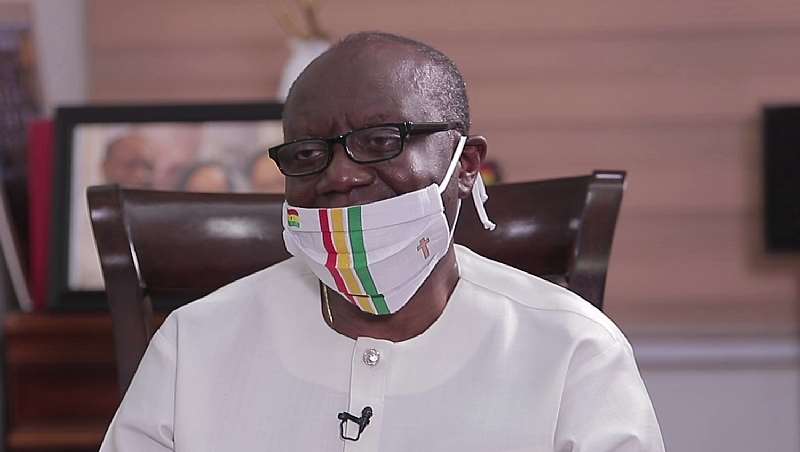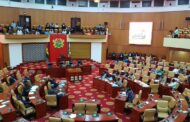Government officials will from today, Thursday, January 20, 2022, begin a nationwide public sensitization on the need for the introduction of the controversial e-levy, according to the Minister for Finance, Ken Ofori-Atta.
He said the team, comprising colleague Ministers and other key members of government will embark on a public engagement and sensitization campaign across the country with an intention to communicate clearly on the proposed mechanics of the e-levy, its potential benefits to the people of Ghana within the spirit of burden-sharing that must guide Government in development efforts to move Ghana Beyond Aid.
Addressing the media in Accra, Mr. Ofori Atta said the government intends to “use the money to create jobs, grow our private sector to employ more of our youth, accelerate the digitalization agenda to bring more convenience to Ghanaians, enhance the security of our digital platforms, aggressively expand our road infrastructure agenda, reduce our dependence on debt and reduce the crowding out of the private sector to improve access to credit.”
“After extensive consultations, the e-levy will be re-submitted to Parliament this month. We look forward to joining hands with our Honourable Members of Parliament to approve the e-levy on a consensus basis, so we can collectively address the big issue of unemployment”, the Minister said.
E-Levy will cover:
1. Mobile Money Transfers between accounts on the same electronic money issuer (EMI).
2. Mobile Money transfers from an account on one EMI to a recipient on another EMI.
3. Transfers from bank accounts to mobile money accounts.
4. Transfer from mobile money accounts to bank accounts.
5. Bank transfers on a digital platform or application originate from a bank account belonging to an individual to another individual.
E-Levy will not impact:
1. Cumulative transfers of GHS 100 per day made by the same person.
2. Transfers between accounts owned by the same person.
3. Transfers for the payment of taxes, fees, and charges on the Ghana.gov platform.
4. Electronic Clearing of Cheques.
5. Specified merchant payments (i.e. payments to commercial establishments registered with GRA for Income Tax and VAT purposes).
Source: Mybrytnewsroom.com/Kofi Atakora




















































